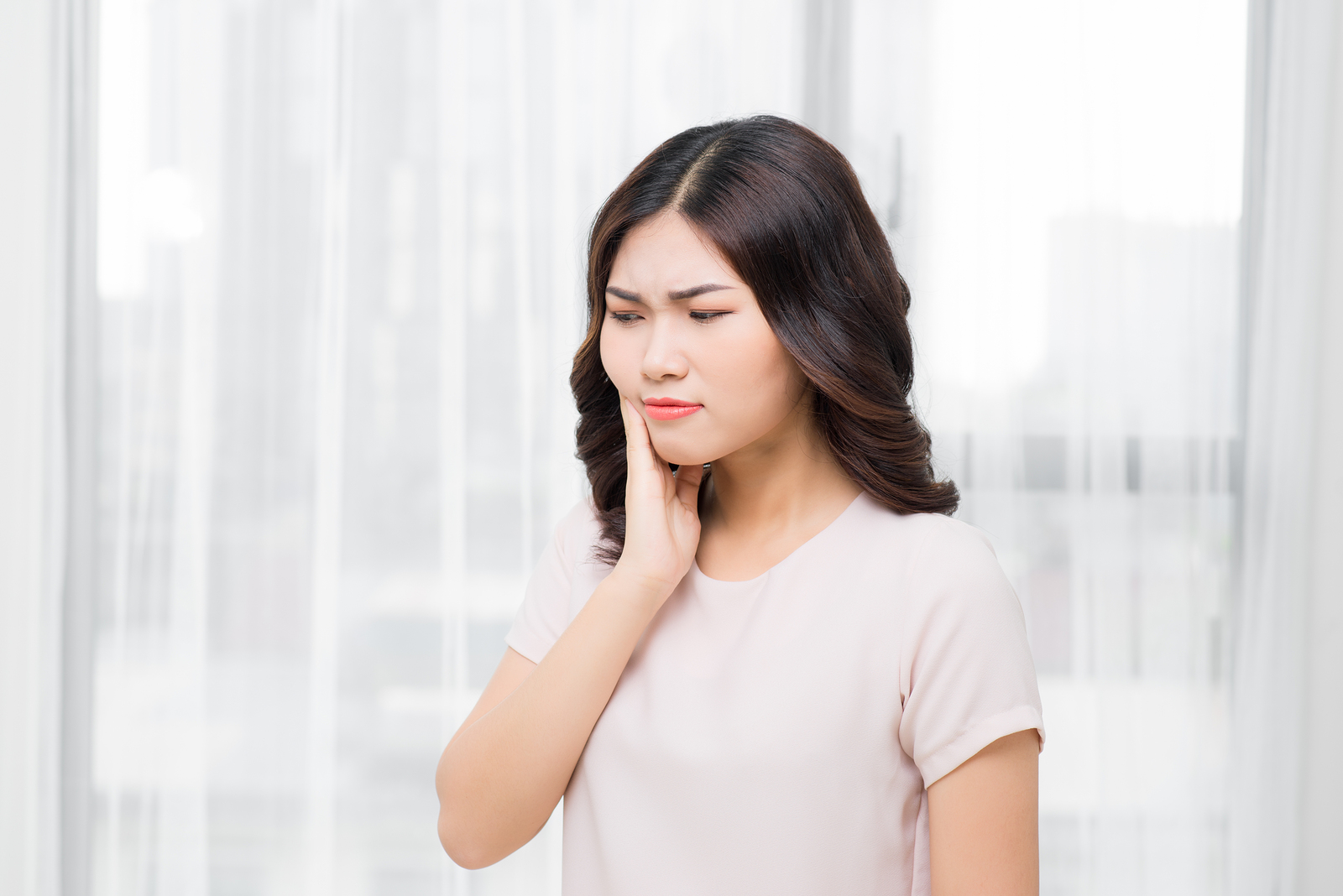Imagine if you had unexplainable pain that manifested itself throughout the day and possibly resulted in sleepless night. It would be frustrating, uncomfortable and discouraging. Perhaps you aren’t experiencing this, but maybe a family member is.
If your loved one is plagued with problems that don’t seem to have an easy solution, don’t be quick to let them believe it’s “all in their head” or rather, that it’s only their imagination. The trouble and solution may in fact be in their head and it’s important to help discover a treatment plan that will help address those painful, restless symptoms.
Be Their Eyes and Ears
When it comes to recognizing TMJ or related sleep disorders, it can be difficult for the individual suffering to be aware of what they are doing in their sleep or as they are eating. The result is individuals going without help for their TMJ or sleep disorder for years, sometimes decades. In fact, according to National Sleep Foundation estimates, some 18 million adults have obstructive sleep apnea, and some 2 to 3 percent of children may also be affected.
Part of the problem is that people who have sleep apnea may not be aware they have it, since the symptoms of TMJ and sleep disorders make these conditions difficult to diagnose. Often, to address symptoms such as a headache or restless sleep, the first solution someone will reach for is an over-the-counter pain reliever or sleep medication. Then they may seek help from numerous providers who have trouble understanding the symptoms and so are unable to provide relief.
This is where a loved one of someone experiencing TMJ and/or sleep apnea can help. Be an extra set of eyes to identify abnormal chewing, breathing, etc. Listen for and help your loved one recognize snoring and/or other irregular sleeping habits throughout the night.
Consider the following symptoms for both TMJ and Sleep Apnea:
TMJ SYMPTOMS
- Pain in lower jawbone
- Inability to open the mouth widely
- Fatigue of jaw muscles
- Problems with chewing
- Swelling at the jaw joints
ADULT SLEEP APNEA SIGNS AND SYMPTOMS:
- Loud Snoring
- Excessive daytime sleepiness
- Morning headaches
- Teeth grinding
- Dental changes
- Depression
- Diabetes
- Obesity
- Heartburn and GERD
Puzzles are easier to put together when there is more than one individual looking to place pieces together. Be a source of support as you help your loved one piece his or her symptoms together to work toward an effective treatment plan. Learn more about how you can help your loved one by visiting, http://drshabkrish.com/.
“Obstructive Sleep Apnea,” American Association of Oral and Maxillofacial
Surgeons, accessed June 22, 2017, http://myoms.org/procedures/obstructivesleep-
